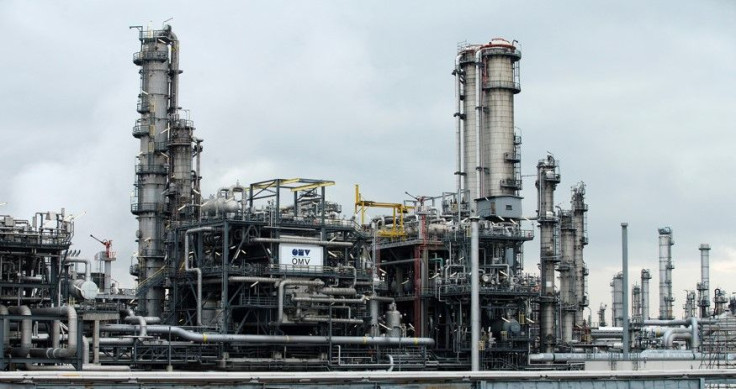Oversupply prompts continuous fall in oil prices

The global stock market has marked the continuous fall in oil price this week with its value reaching around US$30 (AU$43.7) per barrel.
This is the lowest limit the oil prices have ever reached since the Global Financial Crisis in February 2009. The global benchmark Brent crude traded on a modest limit with US$30 (AU$43.7) when the black energy value slipped from its Thursday’s value in New York and overnight in Asian regions. Earlier on Thursday, the price rose to US$31 (AU$45), which provided a great relief in terms of its run on charts despite being historically low.
The Economists have said that the market is full with oversupply at the moment. The crude oil available in the US regions of Cushing, Oklahoma, seems to have a stockpile of 64 million barrels, while in other areas, including China, the supply is so huge that it causes shortage of required storage facilities. Millions of barrels are contained in tankers and they are floating offshore. The question is how long the market will have to suffer the difficulties.
Around 18 months ago, the price of oil traded closely at US$110 (AU$160) per barrel. “We’ve been in an oversupply situation in the oil market by between 1 and 2 million barrels per day,” Fat Prophets resources analyst David Lennox said as quoted by the ABC . The US has sufficient oil, while Saudi Arabia being the world’s largest oil producer has begun producing more and more oil to secure its market share. The oversupply and deterioration in oil prices will continue with the possibility of Iran getting back to the community of oil exports.
Lennox added that when already there are around one-and-a-half million barrels in extra oil, there is no need or expectation to see new supply of oil in the market. “We feel the Saudis will pump even more and a price of war between them and the Iranians will drive us well into the $20 levels. We are sellers of any and all rallies in days and weeks to come,” New York’s Tyche Capital Advisors’ Tariq Zahir told Reuters .





















